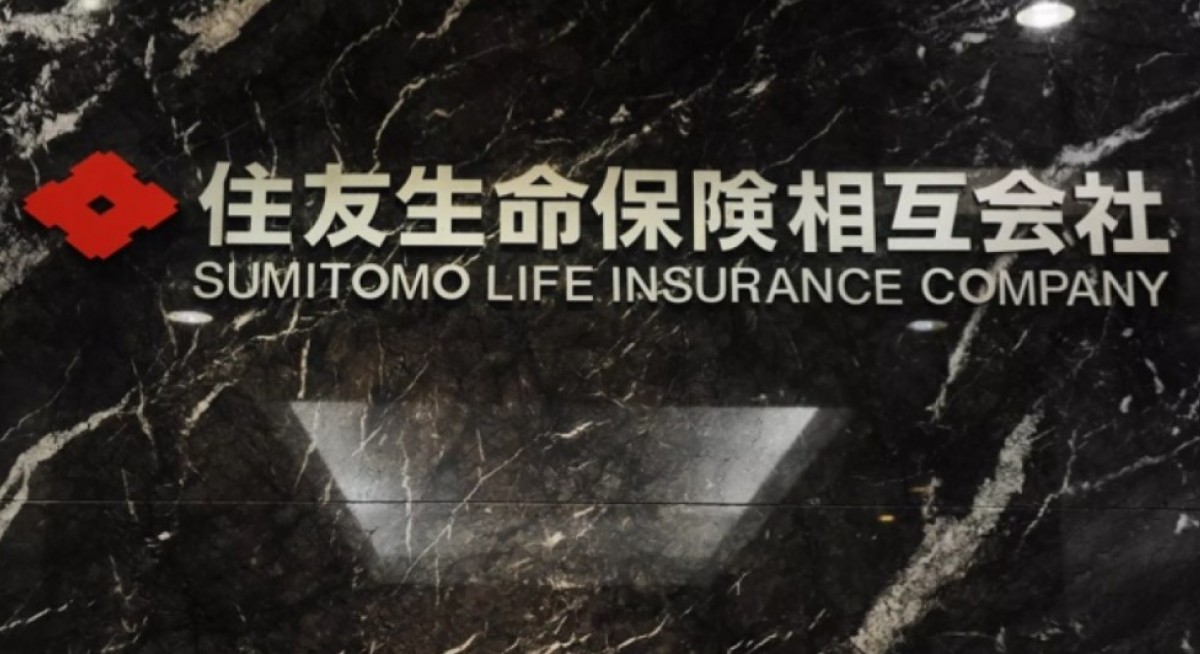On completion, Aviva will receive $2.7 billion in consideration, which comprises $2.0 billion in cash and marketable securities, $250 million in vendor finance notes and 25% equity shareholding in the new group. The transaction represents a multiple of 18.7 times Aviva Singapore’s 2019 IFRS profit after tax and 1.9 times NAV as at June 30, 2020.
The transaction would have increased Aviva’s pro forma NAV on June 30, 2020, by GBP0.7 billion ($1.3 billion), strengthened Solvency II capital surplus by GBP0.5 billion and increased the group’s solvency ratio on a shareholder basis by approximately 4 percentage points.
In 2019, Aviva Singapore’s IFRS profit after tax was GBP83 million and it remitted GBP46 million cash to the group. The gross assets of Aviva Singapore were GBP6.6 billion on June 30, 2020. The transaction was completed on Nov 30, 2020.
Customers and partners of Aviva Singapore will continue to deal with Aviva as usual and there is no impact on customer policies as a result of the merger. Aviva Investors’ operations and clients in Asia will not be impacted by this transaction, Aviva’s announcement said.
In November 2020, Aviva also completed the sale of PT Astra Aviva Life to joint venture partner PT Astra International for the equivalent of GBP72 million.
Elsewhere, Aviva divested its Vietnam business to Manulife Financial Corp for GBP100 million. In 2018, Manulife itself was considering divesting or de-merging its US business which is under John Hancock. In 1QFY2021 ended March, Manulife reported earnings fell by 40% to C$783 million ($840 million) although core earnings in Manulife’s Asia business rose 16% to C$570 million during the quarter. This was helped by higher sales through bancassurance partners in Hong Kong. Meantime, Manulife is expanding sales in China, Vietnam and Indonesia with bancassurance partners and insurance agencies.
In the US, Manulife divested its group annuity business in John Hancock to Jackson National Insurance which Prudential (see main story) is planning to de-merge this year.
Prudential has also restructured and the listed entity, with secondary listings on Singapore Exchange and Hong Kong Exchange, will be solely focused on Asia. Nic Nicandrou, chief executive, Prudential Corporation Asia, says, “Despite rising affluence in Asia, people still have low levels of insurance cover, with 40% of health and protection spend paid out of pocket. Across the region, the health and protection gap has been estimated at US$1.8 trillion. Even larger is the estimated US$83 trillion mortality gap that represents the income that families forego if they lose their breadwinner. It’s a similar story for Africa, a continent of more than a billion people.”
Despite increasing digitalisation and InsurTech adoption, Prudential’s bancassurance agreements remain important. “We will continue to leverage our strong distribution channels to deliver our offerings to more customers in our markets. We have more than 600,000 agents in Asia and Africa as well as partnerships with over 100 banks in the region, including with our two long-standing partners Standard Chartered Bank and United Overseas Bank,” Nicandrou indicates.
Similarly, Khor Hock Seng, group CEO of Great Eastern Holdings, sees the agency business as a strength with its Digital Affinity programme (see main story) and digitalisation complementing its agency and bancassurance channels.
“Purely digital will be a small amount of [topline]. It will be in the high single-digits, 8–9% at the most. This will take time because for a start [sales of products] are still bite-sized,” Khor says. “In Malaysia and Singapore, our life agency is our differentiation and they are dominant and together with Digital Affinity can be a big force. If our peers do the same digitalisation as us, their ability to reach is very different from our ability to reach customers. We have the largest customer base both with our Digital Affinity partners and with our existing [agency and bancassurance] customer base.”



